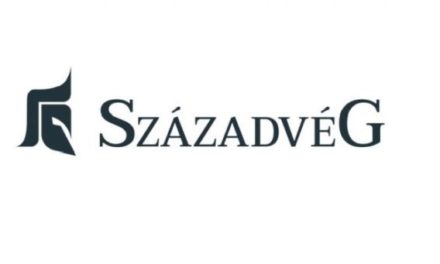The deportation of a Muslim man who spread hate speech was prevented by the independent administrative court called the Belgian Board of Immigration Disputes, the news portal of the newspaper The Brussels Times reported on Friday.
The Belgian Intelligence Service (OCAD) and the State Security Office previously classified Abdallah Ouahbour from Maaseik as a hate propagandist who, in their opinion, poses a serious threat to Belgian society.
In June, the Secretary of State for Asylum and Migration, Sammy Mahdi, decided that the Ouahbour, who had Moroccan citizenship but was born in Belgium and lived there since 1990, must leave the country. The 48-year-old objected to his deportation because he says he suffers from post-traumatic stress syndrome and fears he will be arrested in Morocco.
However, the Board of Immigration Appeals, which appeals against immigration decisions, ruled that intelligence and Homeland Security reports on Ouahbour "do not constitute a solid basis" for deporting him from the country, and that the allegations are "too general." and are “too vague”.
The Brussels Times mentions that the man is the "leader" of the Maaseik group, a group of the Jihadist organization of the Islamic Fighting Group of Morocco (GICM), which, according to the suspicions of the Belgian security services, is believed to have had something to do with the 2003 and 2004 to the terrorist attacks in Casablanca and Madrid in which around 250 people lost their lives.
Ouahbour was sentenced to seven years in prison, but was later released after the Court of Justice of the European Union ruled that the information on which the case was based came in part from Morocco, where it was believed to have been obtained through torture. After ten years of litigation, in 2020 a judge deemed Ouahbour's conviction "unacceptable" and "an irrevocable violation of the right to a fair trial."
The Belgian government had to pay compensation to Ouahbour for "unlawful detention".
Quoting the Department of Immigration, the paper also reported that Ouahbour
"in prison he did not change his opinion, he never distanced himself from his extremist ideology", and he maintained his connections with Salafist networks, and his sermons in the Geleen mosque in the Netherlands also worried the Dutch authorities.
The Brussels Times also quoted Belgian intelligence as saying that Ouahbour had a "negative attitude towards Western society and the Belgian system". The newspaper noted that the Belgian authorities have a difficult relationship with the courts, which often overrule their decisions.
In one of its latest reports, the Belgian state security also suspected Ouahbour of "morally and financially" supporting the terrorist organization called the Islamic State. The Board on Immigration Disputes also believed that Homeland Security should be more specific in its claims, such as accurately quoting Ouahbour's alleged hate speech.
"The panel criticized that the analyzes were made in the context of previous terrorism-related convictions, which the Council said should not be taken into account"
– can be read in the coverage of The Brussels Times.
Secretary of State Sammy Mahdi told the Belgian press in relation to the case that judges who make decisions on deportations are not given full access to intelligence files detailing the allegations.
The Secretary of State wrote in his Twitter message:
"I will not give up my fight, such radicals have nothing to gain here".
He added that it should be investigated how judges can have better access to the full materials of the security services.
"The sentence is quite surreal, but it should not deter me from expelling dangerous radicals from this country"
- said the minister in his microblog post.
MTI












